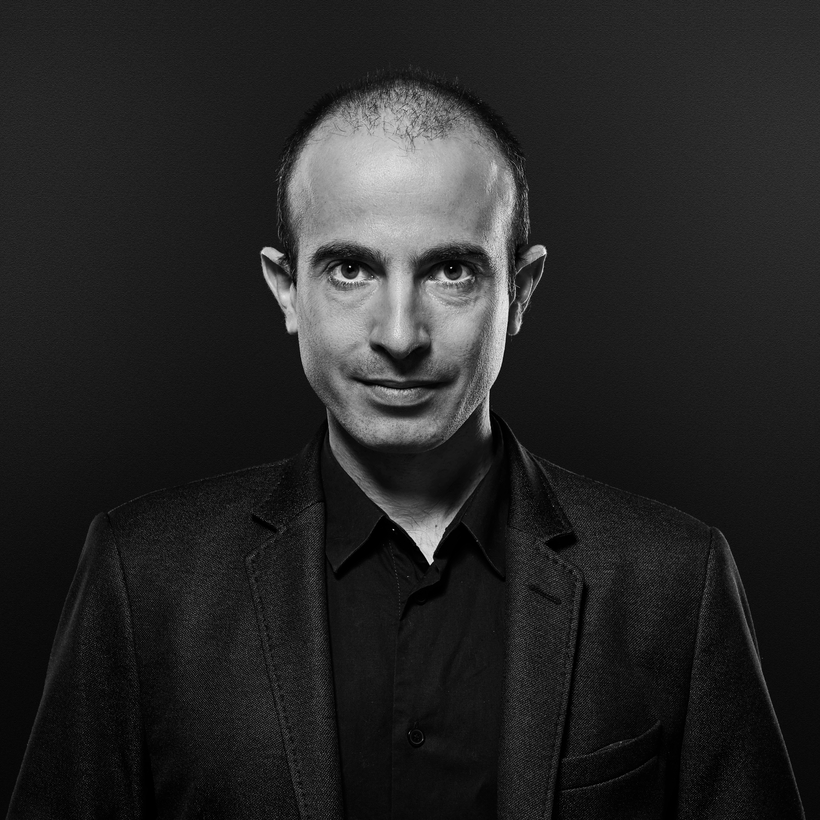Yuval Noah Harari — scholarly professor, celebrated modern-day seer, author of weighty tomes — loves football. “The World Cup is a model for good nationalism,” he says. “People’s primary loyalty is to the national team, they wave flags and come together to watch their team. But at the same time it’s all based on a global understanding of co-operation, because you can’t have a World Cup if every nation invents its own set of rules.”
The 46-year-old Israeli historian, a black floral shirt peeking out from beneath his white pullover, is warming to his theme. “The offside rule didn’t come down from Heaven or from the laws of physics,” he says. “We created it. If you think about it, football is just a completely fictional story.”

